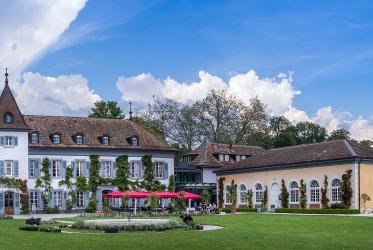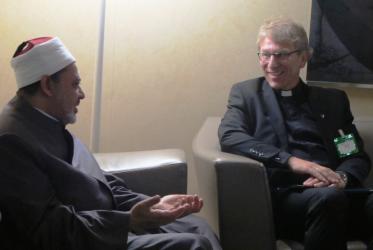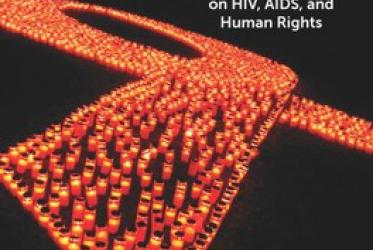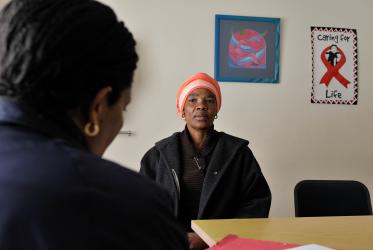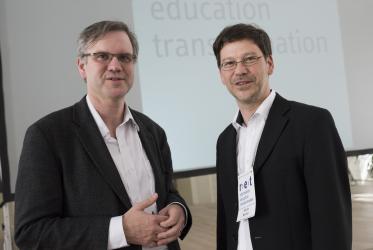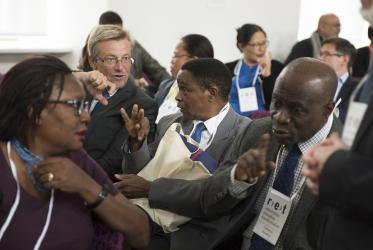Displaying 61 - 80 of 92
G7 must address famine
22 May 2017
WCC Blue Community implements water changes in the Ecumenical Centre
16 February 2017
Dialogue flourishes between WCC, Muslim Council of Elders
30 September 2016
WCC book featured in UN discussion on gender, religions and health
16 September 2016
Local work by faith-based groups key to ending AIDS
27 June 2016
Winners of WCC photo contest announced
09 May 2016
WCC convenes strategic meeting on sustainable development goals
11 February 2016
Bossey students on their way to future of ecumenism
10 February 2016
